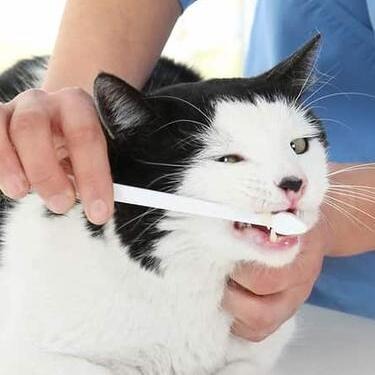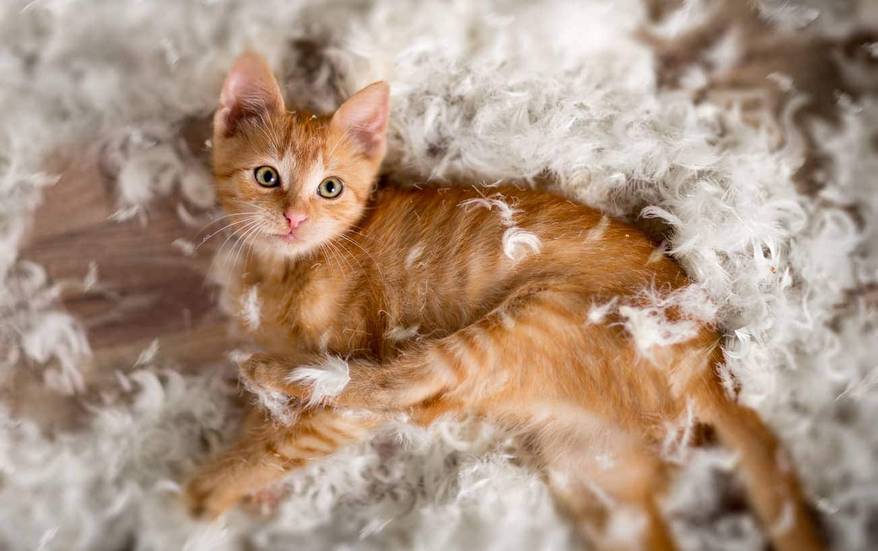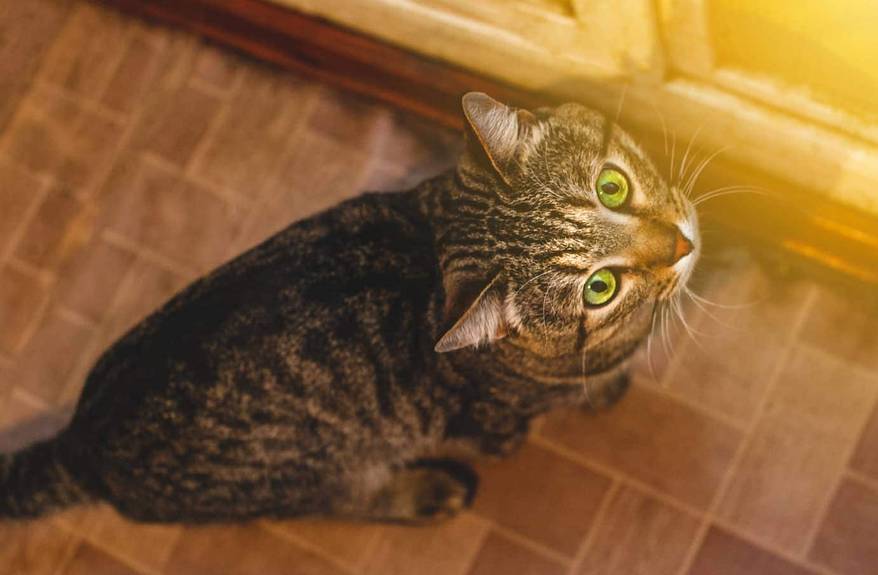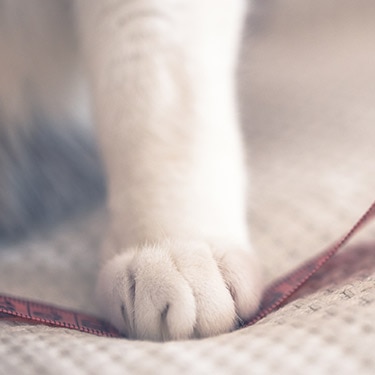
-
Find the right food for your petTake this quiz to see which food may be the best for your furry friend.Find the right food for your petTake this quiz to see which food may be the best for your furry friend.Featured products
 Adult Chicken & Barley Recipe Dog Food
Adult Chicken & Barley Recipe Dog FoodSupports lean muscle and beautiful coat for adult dogs
Shop Now Adult Small & Mini Lamb Meal & Brown Rice Recipe Dog Food
Adult Small & Mini Lamb Meal & Brown Rice Recipe Dog FoodFor the faster metabolism of Small & Mini dogs
Shop Now Puppy Lamb Meal & Brown Rice Recipe
Puppy Lamb Meal & Brown Rice RecipeVital nutrients to support 5 essential building blocks for lifelong health
Shop NowFeatured products Adult Indoor Chicken Recipe Cat Food
Adult Indoor Chicken Recipe Cat FoodSupports energy level and beautiful fur in indoor cats
Shop Now Adult Chicken & Barley Recipe Dog Food
Adult Chicken & Barley Recipe Dog FoodSupports lean muscle and beautiful coat for adult dogs
Shop Now Hill's Science Diet Adult Sensitive Stomach & Skin Chicken Recipe Dog Food
Hill's Science Diet Adult Sensitive Stomach & Skin Chicken Recipe Dog FoodHighly digestible recipe, gentle on stomachs. Nourishes skin & promotes a lustrous coat
Shop Now -
Dog
- Dog Tips & Articles
-
Health Category
- Weight
- Food & Environmental Sensitivities
- Urinary
- Digestive
- Joint
- Kidney
-
Life Stage
- Puppy Nutrition
- Adult Nutrition
- Senior Nutrition
Cat- Cat Tips & Articles
-
Health Category
- Weight
- Skin & Food Sensitivities
- Urinary
- Digestive
- Kidney
-
Life Stage
- Kitten Nutrition
- Adult Nutrition
Featured articles My Pet Ate a Lizard — What Should I Do?
My Pet Ate a Lizard — What Should I Do?Learn what to do if your pet eats a lizard, including whether they can be toxic and symptoms to keep an eye on when they've swallowed one.
Read More Virtual Vet Visits: What You Need to Know
Virtual Vet Visits: What You Need to KnowLearn the ins and outs of a televet appointment before you talk to a vet online.
Read More Pet Dental Health: What Happens During a Deep Teeth Cleaning?
Pet Dental Health: What Happens During a Deep Teeth Cleaning?Learn about veterinary dental care for your pet, including deep teeth cleaning procedures, which can help your dog or cat maintain proper dental health.
Read More -

Since most cats sleep 13 to 18 hours a day, leaving them home alone while you're at work is usually no problem. However, if you have a kitten, an elderly cat or a cat who was recently adopted, there are some additional precautions you should consider. How long can your kitty safely be left on her own? If you're leaving a cat home alone, here are a few things to keep in mind to ensure that your pet stays physically and emotionally healthy.

How Long Is Too Long?
How long you can leave a cat home alone really depends on the individual cat and your relationship with your feline friend. If you've just adopted a new kitty, she will need time with you at home to learn your schedule, get into a daily routine and know what behaviors are appropriate in your home. PAWS notes that you should supervise any interactions with other household pets during the first few weeks with a new cat to make sure your fur family is adjusting to the addition. The first few weeks are also a crucial time for you and your cat to bond and develop a relationship.
Cats who have been in your household for a few months or years may be perfectly happy home alone for 8 or 10 hours, but they may also become bored, lonely or stressed. Keep an eye out for signs like overgrooming or going to the bathroom outside the litter box, and talk with your veterinarian if your cat's eating or litter box habits change.
Cats need a steady supply of food and fresh water just like any animal, so any pet left alone will need access to both, as well as a clean litter box. In addition to these basics, your kitty will appreciate safe ways to amuse herself like jingle toys, a cat tree to perch on or even a rustling paper bag.
Looking Out for Kittens and Senior Cats
Age plays into how long you should be leaving a cat home alone as well. Kittens are curious creatures, and they can endanger themselves by scratching, pawing or eating dangerous objects like wobbly vases or poisonous houseplants. The Nest recommends kitten-proofing one room and equipping it with a litter box, food, toys and fresh water if you need to leave young cats unsupervised.
If your kitten has to be alone for more than 12 hours, it's best to find someone to stop by and check on her. Have that person check on your pet's food and give her fresh water. If your cat has access to multiple rooms, your cat sitter should also walk around your house and make sure your kitten hasn't gotten stuck in any small spaces or closed herself in a room or closet.
Although older cats may be less likely to get into mischief, they may struggle more with environmental factors. If you're leaving your cat alone during hot summer days, make sure she has a cool place to nap and can access several bowls of water in different spots around your home while you're gone. Since older cats are more susceptible to illness, find a pet sitter who can stop by at least once a day if you're going to be away for too long.



Tasty Tips
How Your Schedule Changes Impact Your Cat
It's important to pay attention to your cat's behavior during changes in your household's schedule. When children return to school, for example, some cats might enjoy the extra alone time while others might experience separation anxiety. Consider adding new toys and scratching posts, leaving the radio on as soothing background noise, or adopting another pet to keep your cat company. If you do welcome a second pet into your home, be prepared to be home for the first week or two to supervise your pets' interactions before leaving them alone for extended periods of time.
Finally, remember that even the most sophisticated automatic feeders and water dispensers are no substitute for human interaction. Your kitty needs the attention and exercise she gets from spending time with you, so find a reliable cat sitter who will give her daily playtime and cuddles if you're going to be out.
It's normal for any pet parent to be a little concerned about leaving their feline friend alone. By planning ahead you can give your cat freedom in the house while also keeping her safe and happy while you're out.


Chrissie Klinger is an educator, writer and mother of two children, three dogs and three cats. Her dog Jake loves sitting on her lap every chance he gets! She enjoys living an active and eco-friendly lifestyle in rural Pennsylvania.
Related products

Supports lean muscle and beautiful coat for adult dogs

Vital nutrients to support 5 essential building blocks for lifelong health

Supports energy level and beautiful fur in indoor cats

Highly digestible recipe, gentle on stomachs. Nourishes skin & promotes a lustrous coat
Related products

Supports lean muscle and beautiful coat for adult dogs

Highly digestible recipe, gentle on stomachs. Nourishes skin & promotes a lustrous coat

Supports energy level and beautiful fur in indoor cats

Vital nutrients to support 5 essential building blocks for lifelong health
Related articles

How do you get a cat to lose weight? Learn all about cat foods for weight loss, including how to choose weight control cat food and exercise tips.

What is the best food for an overweight cat? Learn all about weight control food for cats, including what's in it and how it works.

Discover how to identify cat sensitive skin and what you can do to help your cat thrive from head to paw.

What is the best food for an overweight cat? Learn all about weight control food for cats, including what's in it and how it works.

Put your cat on a diet without them knowing
Our low calorie formula helps you control your cat's weight. It's packed with high-quality protein for building lean muscles, and made with purposeful ingredients for a flavorful, nutritious meal. Clinically proven antioxidants, Vitamin C+E, help promote a healthy immune system.
Put your cat on a diet without them knowing
Our low calorie formula helps you control your cat's weight. It's packed with high-quality protein for building lean muscles, and made with purposeful ingredients for a flavorful, nutritious meal. Clinically proven antioxidants, Vitamin C+E, help promote a healthy immune system.

